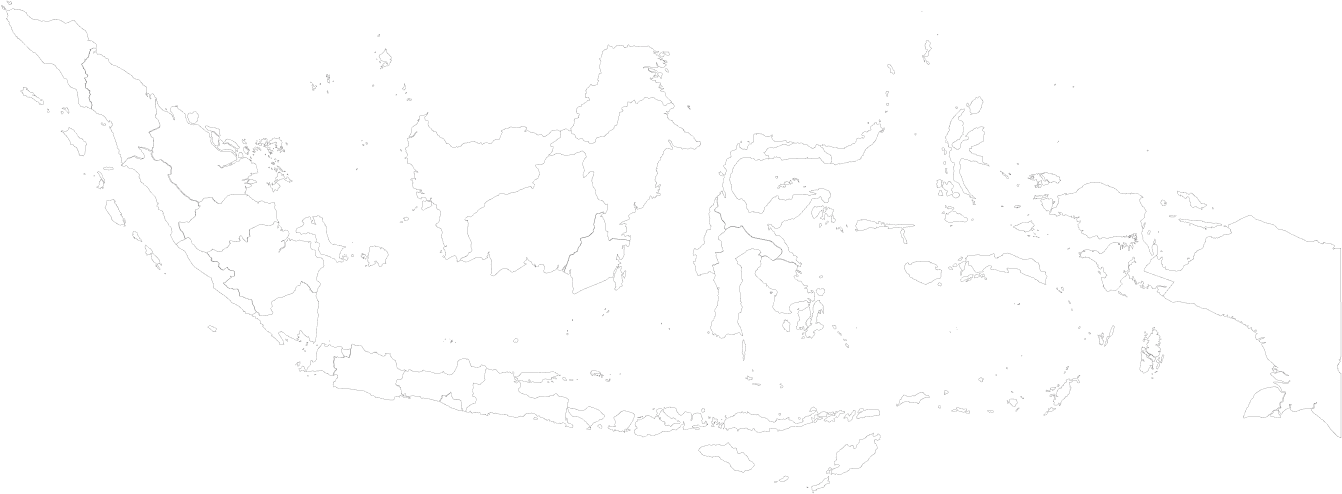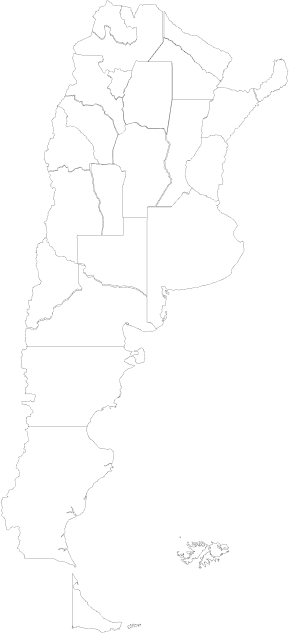Rethinking Recycling
Building rapidly scalable, self-sustaining waste management and recycling ecosystems, that redirect waste into productive use while improving people’s lives.
The world is facing a profound waste crisis. Landfills are overflowing, methane emissions from organic waste are dangerously accelerating climate change, and every year 11 million tons of plastic enter the world’s oceans—largely from emerging economies, where over 2 billion people have no access to waste management.
Solving this crisis requires rapid expansion of waste management coverage and recycling markets, alongside a deeper redesign of how we consume.
We aim to reach 10-15m people and divert 1m ton of waste into productive use by 2025.
Our Theory of Change
Our theory of change helps to build scalable solutions that deliver rapid impact. And we do so in collaboration with resident communities, partner organizations, and local governments. In addition, we leverage technology in innovative ways to amplify our impact and improve lives.
Breaking a Vicious Cycle
Waste and recycling systems around the world are under-developed, rife with pollutive and exploitative practices, and there’s little to no transparency or traceability. The situation persists despite ambitious commitments by global corporations and national governments, and valuable commodities in every ton of everyday waste.
The underlying cause? A vicious cycle of insufficient supply and unreliable demand for recyclables. Communities lack the infrastructure to deliver clean, ethically sourced material to recycling markets, while weak demand signals from industry undermine the business case for investing in that infrastructure.
Building a Scalable Solution
Our flagship initiative, Rethinking Recycling, works with communities and industry to create highly productive, financially attractive systems that rapidly increase the amount of material recycled into productive use, including solutions for plastics and organic waste.
On the supply side, we develop community-owned, self-sustaining waste management systems that produce a reliable stream of high-value recyclables while serving everyone in the community.
On the demand side, we work with corporate players to build aggregation, traceability, and logistics solutions, and to create local markets to consistently absorb the supply of recycled material at a fair price.
We reinforce this approach with government support at the right moments and at multiple levels, to enable and sustain the full-scale adoption of successful models.
Achieving Rapid Impact
To date, we are on track to bring recycling and waste management services to nearly a quarter million people in Indonesia and Argentina, most of whom had no previous access to recycling solutions. Our programs have achieved recycling rates higher than those of many US cities and improved the livelihoods of more than 450 waste workers, many of whom are marginalized women.
What started as proof-of-concepts in 2019 in Argentina and Indonesia have matured into scale-up programs that address entire cities or multiple villages at once. We plan to bring Rethinking Recycling to more countries in the years ahead.
Leveraging Technology to Amplify Impact
We use technology to bring the benefits of recycling to life for stakeholders throughout the ecosystem. Whether it’s a resident learning how to recycle from a chatbot, or a company tracing recycled plastic from bin to new bottle, we bring human-centered design and data transparency to accelerate and sustain our impact.

Subscribe










































